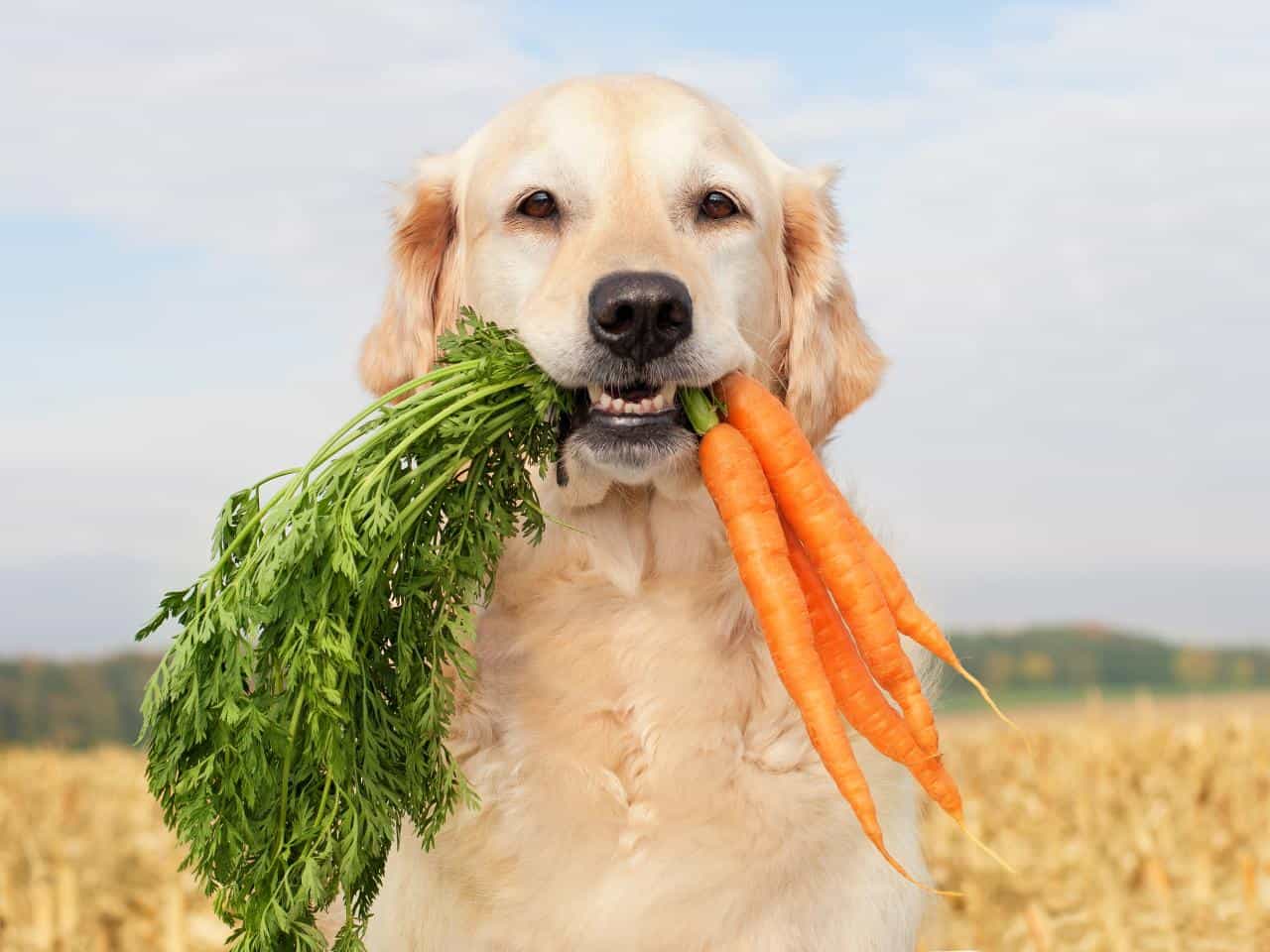The ABCs of Pet Nutrition: A Guide for Every Pet Parent

At Rocklin Ranch Veterinary Hospital, we understand your pet is part of your family. You want the best for them, and that includes nutrition.
Navigating the many pet food options can be overwhelming for any pet parent. That’s why we’re here to distill pet nutrition essentials, ensuring your beloved companions get the nourishment they need to thrive.
From understanding the fundamental components of a balanced diet to selecting the ideal nourishing pet foods, this guide will help you better understand how to maintain your pet’s optimal health.
Unraveling the Mysteries of Pet Nutrition
Pet nutrition goes beyond just filling a bowl with kibble or canned food. It’s about understanding the unique dietary needs of your pet based on their age, breed, activity level, and health status. Each pet requires a balance of protein, carbohydrates, fats, vitamins, minerals, and water—each playing a pivotal role in their overall health.
The Pillars of a Balanced Diet for Pets
When considering balanced diets for pets, it’s essential to recognize that no one-size-fits-all solution exists. Dogs, for instance, are omnivores that may enjoy a variety of foods, while cats are obligate carnivores, and require a diet rich in meat. Here are the core components that constitute a balanced meal for your pet:
- Proteins: The building blocks for growth and repair
- Fats: A concentrated energy source that also aids in nutrient absorption
- Carbohydrates: Provide energy, help with digestion, and can promote a healthy gut
- Vitamins and Minerals: Vital for preventing disease and ensuring daily body functions
- Water: Essential for life, facilitating numerous bodily processes
Selecting Nutrient-Rich Diets
Choosing a nutrient-rich diet is critical for your pet’s vitality. A diet of essential nutrients supports immune function, maintains muscle tone, cultivates a shiny coat, and promotes overall well-being. Foods labeled “complete and balanced” meet the minimum requirements for nutrients essential to pet health.
Understanding Pet Dietary Essentials
A deeper understanding of pet nutrition allows you to make informed decisions. Look beyond marketing claims, and focus on the nutritional adequacy statement on pet food labels. This statement, regulated by the Association of American Feed Control Officials (AAFCO), assures that the food provides complete nutrition.
Tailoring Nutrition to Your Pet’s Needs
As pets age, their nutritional requirements evolve. Puppies and kittens need diets that support rapid growth, while senior pets may require fewer calories and more easily digestible nutrients. Pets with specific health issues, such as allergies, diabetes, or kidney disease, will benefit from therapeutic diets formulated to manage these conditions.
The Role of Supplements in Pet Nutrition
While a well-balanced diet typically provides all the necessary nutrients, some pets may need supplements due to health issues or dietary insufficiencies. Before adding any supplements to your pet’s diet, it’s best to consult with your veterinarian to avoid over-supplementation and potential harm.
If you have questions about giving your pet the best possible care through optimal nutrition, don’t hesitate to reach out. Contact us or schedule a nutrition consultation. Our veterinarians and staff are here to help you give your pet a healthy, happy life.

